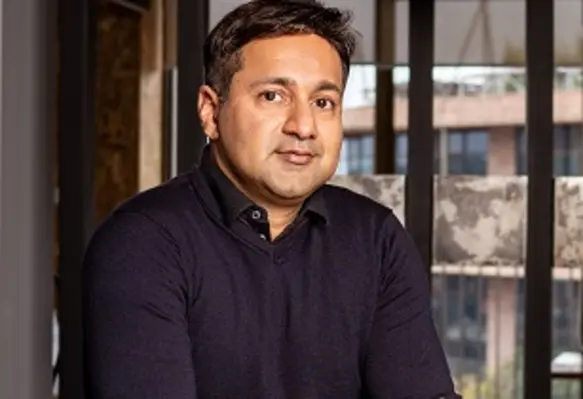Cellulant, a leading payments technology company, aims to change how businesses in Africa make and receive payments by introducing online and offline payment solutions
The payments market in Africa is experiencing rapid growth, mainly due to advancements in peer-to-peer (P2P) and consumer-to-business (C2B) payment solutions. However, the fragmentation of payment processing continues to pose a significant challenge for businesses seeking to establish a presence in Africa.
Solving intractable problems is not new to Cellulant; founded at the height of Africa’s mobile technology boom in 2003, Cellulant is building Africa’s most comprehensive payments infrastructure. The company offers a single API payment platform that enables businesses to collect payments online and offline while allowing anyone to pay from their mobile money, local and international cards, or bank. Providing alternative payment methods for African consumers is particularly important on a continent that holds 70% of the world’s US$1 trillion mobile money market. Card penetration sits at a 3% penetration rate - meaning global companies looking to expand into Africa need a payments partner that can offer alternative payment methods for the local market.
At the recently held 25th Annual Harvard Africa Business Conference in Boston, Cellulant’s group CEO Akshay Grover, stated, "Solving the payments challenges in Africa is not just about payments, but accelerating global economic growth. Africa's dynamic economies and lack of an established payment infrastructure have resulted in a unique occurrence on the continent. On the one hand, this has prompted the growth of payment platforms and solutions to meet the various needs of businesses and consumers, turning Africa into a centre of innovation in the payments sector. On the other hand, with multiple providers, a wide range of payment methods exists due to the absence of a consistent infrastructure enabling businesses to collect payments seamlessly or easily operate across borders. Therefore, a payments infrastructure in Africa must holistically address the needs of businesses and their consumers by making it easy to collect payments online and offline - regardless of the size of the business.”






















